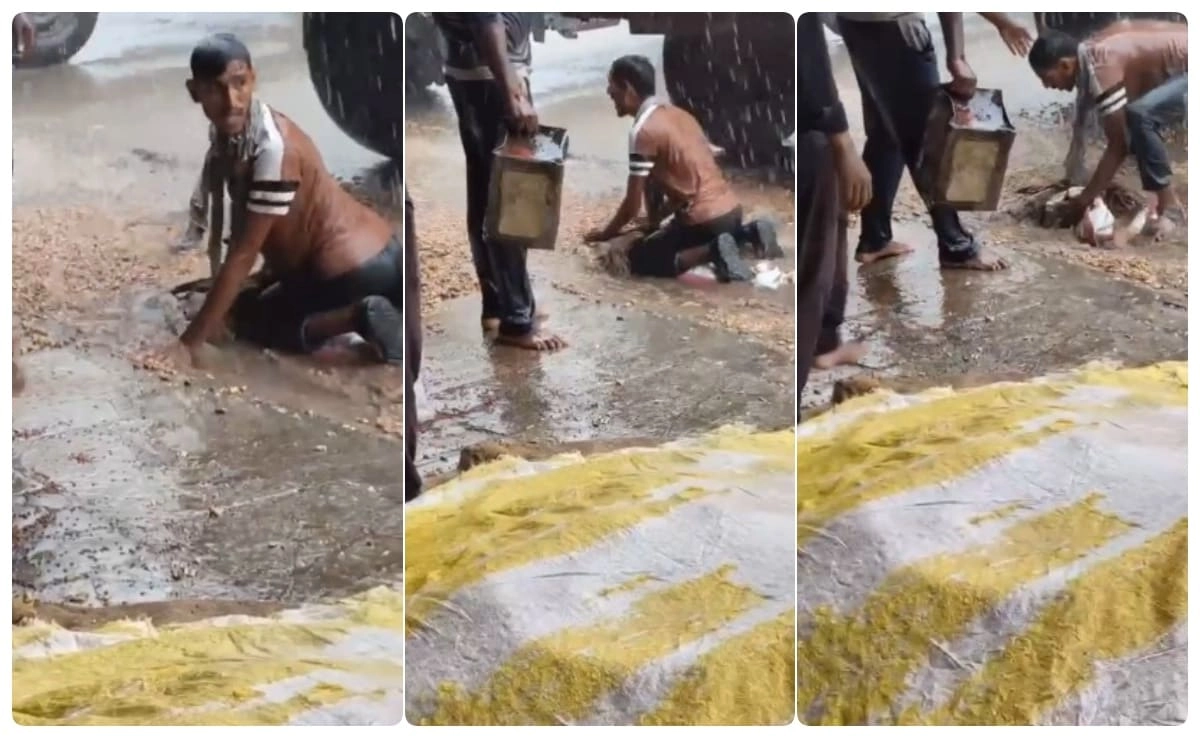In the face of relentless rain that threatened to devastate his crops, a farmer found himself in a desperate situation, seeking solutions to salvage his livelihood. The heavy downpours had inundated his fields, leaving him worried about the health of his crops and the potential financial ruin that could follow. The farmer’s plight is emblematic of the struggles faced by many in the agricultural sector, particularly in regions where erratic weather patterns have become increasingly common. As he grappled with the overwhelming conditions, he made a bold decision to reach out for help, not just from his local community but from higher authorities.
The turning point in this farmer’s story came when he received a call from a minister, who was likely informed about the dire situation through various channels, including social media and local reports. This call represented not just a glimmer of hope for the farmer but also highlighted the importance of government intervention in agricultural crises. The minister’s involvement underscored the need for a coordinated response to support farmers during adverse weather conditions, which have become a pressing issue in many regions worldwide. The dialogue between the farmer and the minister was not just about immediate relief but also about long-term strategies to enhance resilience against climate change and its impacts on agriculture.
As discussions progressed, potential solutions were explored, such as financial aid, access to better drainage systems, and the development of drought-resistant crop varieties. These measures could provide farmers like him with the tools necessary to withstand unpredictable weather patterns in the future. The farmer’s narrative, combined with the minister’s responsiveness, illustrates a broader theme of community support and governmental accountability in agricultural practices. It serves as a reminder that collaboration between farmers and policymakers is crucial in ensuring food security and sustainable agricultural practices, especially in the face of climate change challenges.
Ultimately, this incident not only sheds light on the immediate struggles of individual farmers but also calls for a systemic change in how agricultural policies are formulated and implemented. As the global community grapples with the realities of climate change, the experiences of farmers must inform future strategies to safeguard food production and enhance the resilience of farming communities worldwide. The farmer’s desperate bid to save his crops, coupled with the timely intervention of a minister, exemplifies the critical interplay between grassroots efforts and governmental action in addressing urgent agricultural challenges.




